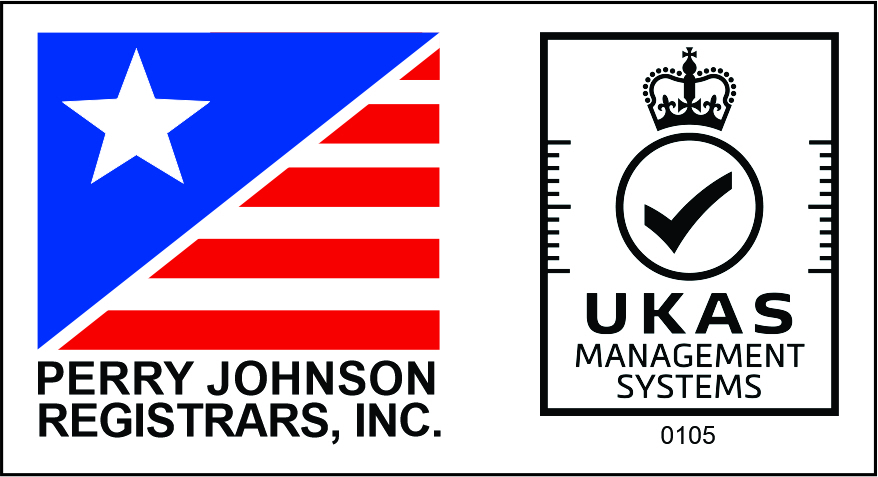- 22 May 2025
- 30 May 2025
- 3 min read
Speak to an expert : Live Chat

It may come as a surprise that the education sector is a target for cybercriminals, however when you think about it there is a vast amount of sensitive data stored on school systems which presents an opportunity for those looking to exploit weaknesses.
Files held by schools can range from names and addresses, attendance records and grades as well as confidential information regarding vulnerable students. As such, this data is extremely valuable and, if obtained by unauthorised sources, can have serious consequences to operations causing a significant amount of down time and labour intensive disaster recovery to re-enable services. Not to forget the safeguarding implications involved in a data breach, such as jeopardising the safety of students, parents and staff as well as causing distress or embarrassment if the information is leaked.
So now you know cyber attacks are prevalent but how do you mitigate them? Here are some tips that will help you defend your network. From reviewing your cyber security policy to managing vulnerabilities and implementing a variety of security solutions, there are many ways you can improve your school’s online security.
Reviewing your cyber security policy is a good place to start. Consider whether current practices are compliant with the policy and if procedures are being followed. Also take the time to investigate the latest guidance and update the policy accordingly.
Make sure you implement the policy correctly to guarantee its effectiveness. Run workshops and training to get staff buy in, explain adoption of the policy isn’t optional and as such must be adhered to.
Viruses are often spread using mislabeled files – hidden inside downloads or attached to spam emails. You should make sure to verify the sender of the email and the trustworthiness of the attachments or downloads before clicking on anything included in the email.
Spam emails can appear to be from legitimate sources, however there are warning signs to look out for:
When creating a new account a website will usually give you guidelines on how best to create a secure password, however this may not make the password genuinely secure.
Here’s how to make sure your passwords are as secure as possible:
For more in depth information on best practice when it comes to creating passwords check out our blog here: World Password Day 2024
It is important to make sure that your security software is up to date, this will help protect you from attacks and viruses. The two main types of security you should invest in are firewalls and content filtering.
Firewalls are a major part of a security plan, as they prevent unauthorised access to your devices. They act as a barrier between your network and the internet, analysing incoming and outgoing traffic and blocking anything deemed potentially harmful. This is the first line of defence for your system and as such is a key course of action.
Content filtering services block inappropriate websites which can contain malicious files that can harm your system. This can also prevent certain file types from being downloaded by users, cutting out a major vulnerability. Content filtering also offers reporting functionality, so you will know when attempts to access unauthorised or unsavoury material are made allowing you to take appropriate action.


For further information on our IMS Policy contact:



Exa is a trading name of Exa Networks Limited | Registered Company Number: 04922037 | VAT Number: 829 1565 09 | © Copyright Exa Networks Limited 2024 | All Rights Reserved
Exa is a trading name of Exa Networks Limited
Registered Company Number: 04922037
VAT Number: 829 1565 09
© Copyright Exa Networks Limited 2024 | All Rights Reserved
| Cookie | Duration | Description |
|---|---|---|
| cookielawinfo-checkbox-analytics | 11 months | This cookie is set by GDPR Cookie Consent plugin. The cookie is used to store the user consent for the cookies in the category "Analytics". |
| cookielawinfo-checkbox-functional | 11 months | The cookie is set by GDPR cookie consent to record the user consent for the cookies in the category "Functional". |
| cookielawinfo-checkbox-necessary | 11 months | This cookie is set by GDPR Cookie Consent plugin. The cookies is used to store the user consent for the cookies in the category "Necessary". |
| cookielawinfo-checkbox-others | 11 months | This cookie is set by GDPR Cookie Consent plugin. The cookie is used to store the user consent for the cookies in the category "Other. |
| cookielawinfo-checkbox-performance | 11 months | This cookie is set by GDPR Cookie Consent plugin. The cookie is used to store the user consent for the cookies in the category "Performance". |
| viewed_cookie_policy | 11 months | The cookie is set by the GDPR Cookie Consent plugin and is used to store whether or not user has consented to the use of cookies. It does not store any personal data. |
Monday: 8:30am – 5pm
Tuesday: 8:30am – 5pm
Wednesday: 8:30am – 5pm
Thursday: 8:30am – 5pm
Friday: 8:30am – 5pm
Saturday: Closed
Sunday: Closed
Email: helpdesk@exa.net.uk
Phone: 0345 145 1234
Monday: 8am – 6pm
Tuesday: 8am – 6pm
Wednesday: 8am – 6pm
Thursday: 8am – 6pm
Friday: 8am – 6pm
Saturday: 10am – 4pm
Sunday: 10am – 4pm